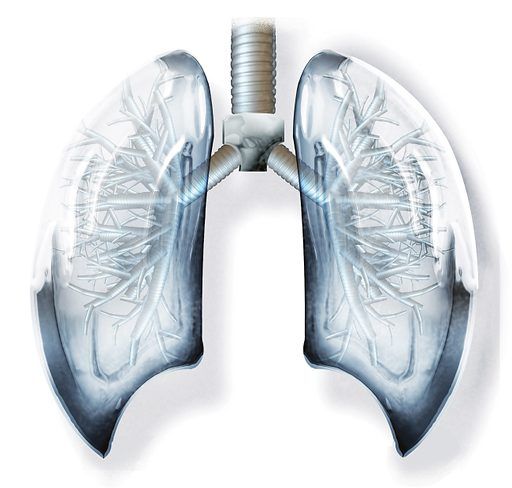FDA Grants FTD to Avutometinib/Sotorasib in KRAS G12C–Mutated NSCLC
Investigators are assessing avutometinib in combination with sotorasib as a treatment for those with KRAS G12C–mutated non–small cell lung cancer in the phase 1/2 RAMP-203 study.
Investigators aim to build upon the promising preclinical results observed with avutometinib plus sotorasib by evaluating the combination among patients with KRAS G12C-mutated NSCLC as part of the phase 1/2 RAMP 203 study (NCT05074810).

The FDA has granted fast track designation to avutometinib (VS-6766) plus sotorasib (Lumakras) as a treatment for patients with non–small cell lung cancer (NSCLC) harboring a KRAS G12C mutation who have previously been treated with 1 prior line of therapy not including a KRAS G12C inhibitor, according to a press release from Verastem Oncology.1
Avutometinib is designed to target the RAS pathway, which is where KRAS G12C mutations are commonly acquired. Combining this agent with sotorasib has demonstrated improvements compared with sotorasib monotherapy with respect to yielding deeper tumor regressions and reducing the occurrence of disease relapse based on preclinical proof-of-concept data.
“Receiving fast track designation for the combination of avutometinib and sotorasib reinforces the importance of improving the depth of MAPK pathway inhibition to enhance tumor regression relative to KRAS G12C inhibition alone and the potential of the combination of avutometinib and sotorasib in KRAS G12C–mutant locally advanced or metastatic NSCLC,” Dan Peterson, president and chief executive officer at Verastem Oncology, said in the press release.1 “Given that KRAS G12C is the most common KRAS mutation in NSCLC, the advancement of the combination is important in understanding potential new treatment approaches. We look forward to continued interaction with the FDA as we advance the development of this promising treatment regimen.”
Investigators aim to build upon the promising preclinical results observed with avutometinib plus sotorasib by evaluating the combination among patients with KRAS G12C-mutated NSCLC as part of the phase 1/2 RAMP 203 study (NCT05074810). Previously published data highlighted an objective response rate (ORR) of 25% (n = 3/12); investigators also observed responses in patients whose disease developed resistance to KRAS G12C inhibitors (14.3%; n = 1/7), as well as those who received no prior treatment with this class of drug (40%; n = 2/5).2
The combination’s pharmacokinetic profile was consistent with previous reports in monotherapy trials, and there were no drug-drug interactions between the agents. Additionally, investigators selected avutometinib at 4 mg orally twice a week plus sotorasib at 960 mg orally once a day as the recommended phase 2 dose [RP2D] based on observed dose-limiting toxicities.
“The RAMP 203 study is investigating the potential benefits of a more complete vertical blockade of the RAS pathway with the combination of avutometinib and sotorasib in KRAS G12C–mutant, locally advanced or metastatic NSCLC,” study investigator Mark Awad, MD, associate professor of Medicine at Harvard Medical School and director of Clinical Research of the Lowe Center for Thoracic Oncology at Dana-Farber Cancer Institute, said in a press release on these initial findings.2 “These initial findings, including the [RP2D] and the encouraging preliminary efficacy and safety results, provide support for the combination, and I look forward to completing the expansion phase of the trial.”
The trial’s primary end points included the RP2D in part A and ORR per RECIST v1.1 criteria in part B. Secondary end points include duration of response, disease control rate, progression-free survival, overall survival, and pharmacokinetics.
Patients 18 years and older with histologically or cytologically confirmed NSCLC harboring a known KRAS G12C mutation were able to enroll on the trial. Additional eligibility criteria included having measurable disease based on RECIST v1.1 guidelines, adequate organ function, and an ECOG performance status of 0 or 1.
References
- Verastem Oncology granted fast track designation for combination of avutometinib and sotorasib for the treatment of KRAS G12C-mutant non-small cell lung cancer (NSCLC). News release. Verastem Oncology. January 18, 2024. Accessed January 19, 2024. http://tinyurl.com/5n7e44dt
- Verastem Oncology announces initial results of RAMP 203 trial of avutometinib and LUMAKRAS™ (sotorasib) in KRAS G12C-mutantn non-small cell lung cancer. News release. Verastem Oncology. October 14, 2023. Accessed January 19, 2024. http://tinyurl.com/4r6m2fyz